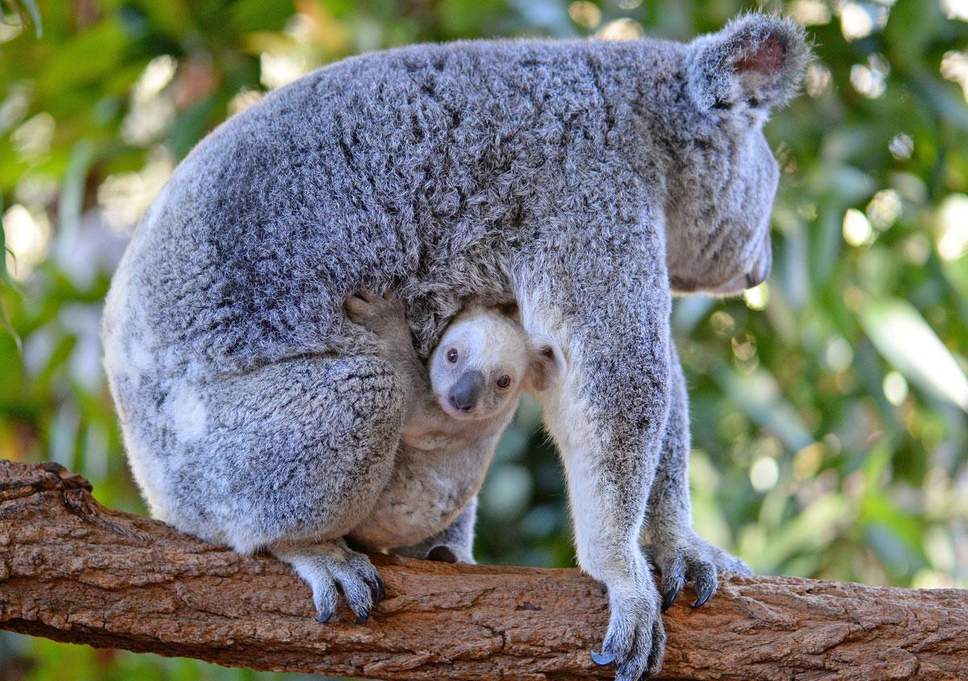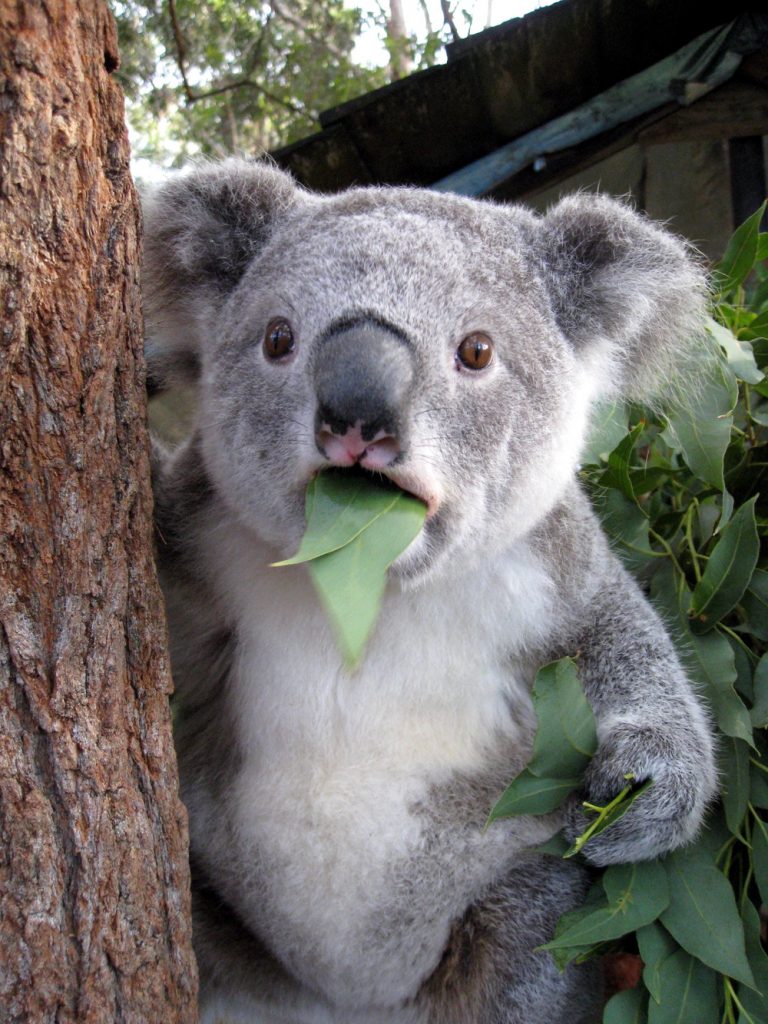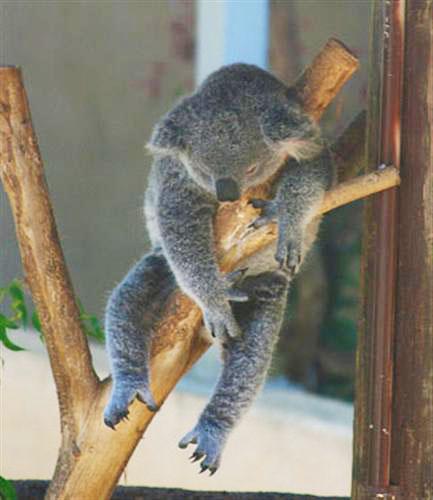-
Sadly Grumpy Cat has passed away!
-
Wait, what about koalas?!?
-
Save the coral reefs!
-
Welcome to Did You Knows!
I have an obsession with learning things. I love random facts, useful facts, and freaking weird facts. If you have any suggestions or requests for post feel free to email me at info@didyouknows.com! Enjoy!




